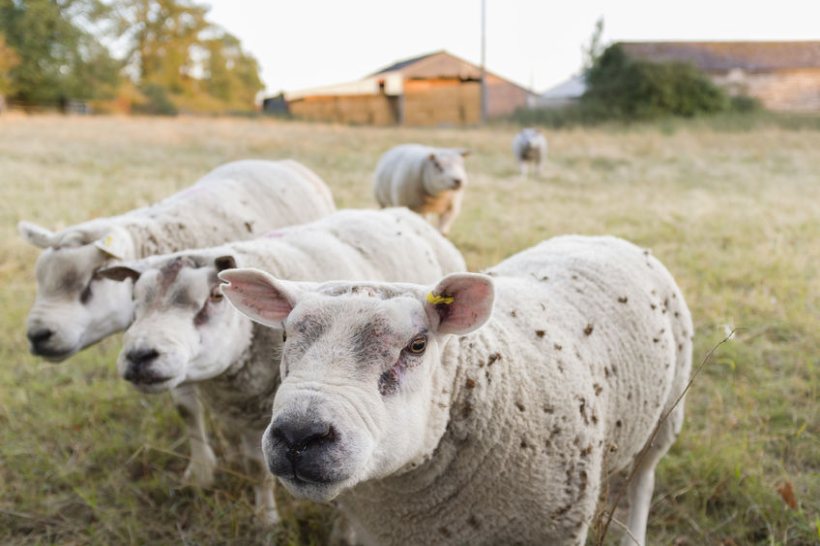
New plans for the Northern Ireland Protocol must include a review of the regulations for moving breeding animals between GB and NI, sheep producers say.
Brexit minister Lord Frost will soon unveil a strategy that aims to remove the majority of checks on goods travelling between Great Britain and Northern Ireland.
Lord Frost will outline his plans for the NI Protocol following concerns over the level of checks imposed on goods crossing the Irish Sea from GB.
However, European Union leaders have warned the UK government they will not renegotiate the terms of the 2019 deal.
The Protocol was negotiated as part of Brexit talks with the EU to avoid a hard border with the Republic of Ireland, by effectively keeping NI in the bloc's single market for goods.
Following the end of the Brexit transition period of 1 January, all movements of live animals between GB and NI have been classified as an EU movement.
But sheep industry groups say that restrictions on movements have added more bureaucracy and red tape to a sector already fearful of Brexit.
Farmers in Northern Ireland rely heavily on sourcing breeding stock from the British mainland.
Now the National Sheep Association (NSA) has urged Lord Frost to ensure that regulations for moving breeding animals were given 'urgent attention to restore pragmatism'.
The current requirements of needing six months residency, retagging and scrapie monitoring 'make no sense at all', the industry body said.
The NSA added that the rules were having 'financial and genetic implications' for pedigree and commercial flocks.
Chief executive, Phil Stocker said the new rules should allow the movement of breeding animals between GB and NI to 'resume as they were before Brexit'.
“With the autumn breeding sales on the horizon urgent attention is required to redress the regulations," Mr Stocker added.
“It has been evident for some time how the protocol is not working, not just for the food supply chain, but also for the movement of breeding animals between GB and NI.
“This is an ideal opportunity to work towards a much more suitable and satisfactory solution that benefits farming businesses in Great Britain and Northern Ireland and potentially, further afield,” he said.
